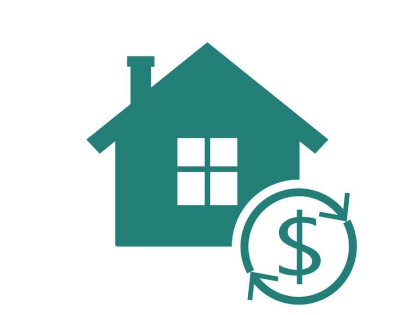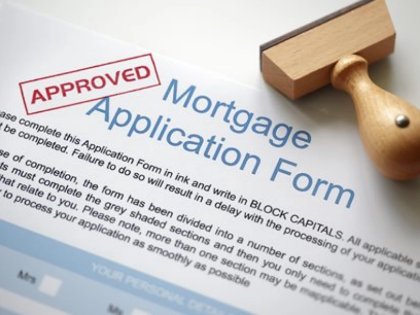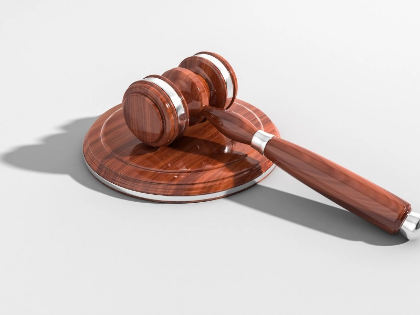Increasing Your Credit Score: Techniques for Establishing Credible Credit
It takes time to establish good credit, and consistent conduct is one of the greatest ways to do so. It also helps to have the proper combination of credit types, including mortgages, student loans, and revolving and installment accounts like credit cards. Hard inquiries, or requests for fresh credit, should also be kept to a minimum. A credit score, whether it be a VantageScore (r) or FICO, is primarily determined by payment history. The duration of your credit history and credit utilization are the other key variables.
On-time bill payment
 Making all of your bill payments on time is one of the most effective ways to raise your credit score. Late payments remain on your record for seven years and might lower your credit score. Use an online bill payment service that lets you arrange regular payments and set reminders on your phone or calendar to ensure that your payments are always made on time.
Maintaining a low credit utilization ratio, or card balance, can also improve your credit scores. Generally speaking, lenders prefer it if your credit usage rate is 30% or below. This can be accomplished by enabling auto-pay on your accounts or paying off your debt before the end of the payment cycle.
Examining your credit reports for inaccuracies and disputing them with the relevant CRA is a fantastic method to enhance your credit. Once the mistakes are fixed, your credit score can significantly increase; however, it might take a few weeks or months.
Making all of your bill payments on time is one of the most effective ways to raise your credit score. Late payments remain on your record for seven years and might lower your credit score. Use an online bill payment service that lets you arrange regular payments and set reminders on your phone or calendar to ensure that your payments are always made on time.
Maintaining a low credit utilization ratio, or card balance, can also improve your credit scores. Generally speaking, lenders prefer it if your credit usage rate is 30% or below. This can be accomplished by enabling auto-pay on your accounts or paying off your debt before the end of the payment cycle.
Examining your credit reports for inaccuracies and disputing them with the relevant CRA is a fantastic method to enhance your credit. Once the mistakes are fixed, your credit score can significantly increase; however, it might take a few weeks or months.
Maintain low balances.
 Your credit score is primarily influenced by your past payment history. However, as credit utilization accounts for around 30% of your score, it's also critical to maintain a low credit utilization rate, or the ratio of the amount of available credit to the amount of credit used.
A low balance-to-limit ratio, or credit utilization rate, is preferred by lenders. For instance, your credit usage is 40% if you have two credit cards with a $10,000 aggregate limit and $4,000 in debt. It is preferable to aim for a utilization rate of no more than 30%.
Keeping your credit cards open is also a smart move, unless there's a really excellent reason to close them. Your credit ratings may suffer if you close accounts. In addition, be careful that closing an account doesn't negatively impact your average age of accounts, which contributes to 15% of your score. There are several reasons why you would wish to obtain a new credit card, such as having more accessible credit or a different mix of credit, but avoid applying for too many cards at once.
Your credit score is primarily influenced by your past payment history. However, as credit utilization accounts for around 30% of your score, it's also critical to maintain a low credit utilization rate, or the ratio of the amount of available credit to the amount of credit used.
A low balance-to-limit ratio, or credit utilization rate, is preferred by lenders. For instance, your credit usage is 40% if you have two credit cards with a $10,000 aggregate limit and $4,000 in debt. It is preferable to aim for a utilization rate of no more than 30%.
Keeping your credit cards open is also a smart move, unless there's a really excellent reason to close them. Your credit ratings may suffer if you close accounts. In addition, be careful that closing an account doesn't negatively impact your average age of accounts, which contributes to 15% of your score. There are several reasons why you would wish to obtain a new credit card, such as having more accessible credit or a different mix of credit, but avoid applying for too many cards at once.
Maintain Open Old Accounts
 Your credit utilization ratio (the amount of debt you have relative to the total amount of credit you have access to) and the length of your credit history are two of the elements that determine your credit score. The act of closing an account has the potential to reduce your total credit limit, hence elevating your credit use rate.
Instead of canceling the credit card account completely if you're having trouble making your payments, think about requesting the owner of the card to add you as an authorized user. Your credit scores will benefit from you keeping the account open and continuing to make your payments on schedule.
Additionally, try not to open too many new accounts. Making hard inquiries just lowers your credit score, so be sure you apply for credit cards and loans that you can actually afford to repay. Consider requesting an increase in the credit limit on an existing card if you're searching for a faster strategy to raise your credit score. One of the key components in determining your score is your credit usage ratio, which will drop as soon as you do this.
Your credit utilization ratio (the amount of debt you have relative to the total amount of credit you have access to) and the length of your credit history are two of the elements that determine your credit score. The act of closing an account has the potential to reduce your total credit limit, hence elevating your credit use rate.
Instead of canceling the credit card account completely if you're having trouble making your payments, think about requesting the owner of the card to add you as an authorized user. Your credit scores will benefit from you keeping the account open and continuing to make your payments on schedule.
Additionally, try not to open too many new accounts. Making hard inquiries just lowers your credit score, so be sure you apply for credit cards and loans that you can actually afford to repay. Consider requesting an increase in the credit limit on an existing card if you're searching for a faster strategy to raise your credit score. One of the key components in determining your score is your credit usage ratio, which will drop as soon as you do this.
Don't close accounts.
 Many financial milestones, such as being eligible for credit cards and loans or obtaining some of the greatest rewards credit card rates, depend on one's credit score. To get a high score and establish a solid credit history, though, takes time. That being said, gaining the credit you desire can be facilitated by a few calculated steps.
Making on-time bill payments is one of the most crucial things you can do to raise your credit score. This makes up 35% of your credit score and demonstrates to lenders your responsibility as a borrower. Reducing your credit utilization ratio is another way to raise your score. You can achieve this by requesting an increase in your credit limit from your card issuer and maintaining your balances at or below the new level. Your credit score may quickly increase as a result of this tactic. The only drawback is that when you request an increase in your credit limit, the card issuer might perform a hard inquiry, which could lower your score by a few points.
Many financial milestones, such as being eligible for credit cards and loans or obtaining some of the greatest rewards credit card rates, depend on one's credit score. To get a high score and establish a solid credit history, though, takes time. That being said, gaining the credit you desire can be facilitated by a few calculated steps.
Making on-time bill payments is one of the most crucial things you can do to raise your credit score. This makes up 35% of your credit score and demonstrates to lenders your responsibility as a borrower. Reducing your credit utilization ratio is another way to raise your score. You can achieve this by requesting an increase in your credit limit from your card issuer and maintaining your balances at or below the new level. Your credit score may quickly increase as a result of this tactic. The only drawback is that when you request an increase in your credit limit, the card issuer might perform a hard inquiry, which could lower your score by a few points.












